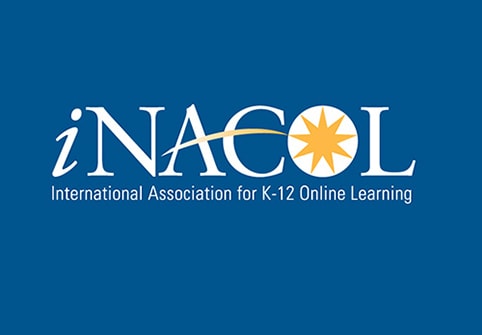Modernizing Educator and Leader Development for Student-Centered Learning

States have the opportunity to transform education as we know it. The 2015 iNACOL State Policy Frameworks presents frameworks for sustainable, systemic change that will dramatically increase personalized learning for students. In this blog that first ran on iNACOL.org, Dale Frost shares one of five frameworks that was released at the iNACOL Blended and Online Learning Symposium.
Dale Frost
States can catalyze educational innovation by building educator and leader capacity to create student-centered, personalized learning models.
Personalized, competency-based learning environments will require educators and school leaders to take on new roles and develop new skills. Unfortunately, the current systems of pre-service preparation, licensure, and professional development do not lay an adequate foundation for next generation learning models. States can accelerate innovation by modernizing educator and leader development. In order to do so, states need to revise laws and regulations that were created for an outdated, one-size-fits-all model of K-12.
Time- and subject-based teacher licensure, and “teacher of record” requirements create barriers for schools seeking to offer interdisciplinary, competency-based pathways, to use non-traditional personnel in instruction, such as community leaders and career professionals, or to better serve students who are ahead or behind academically.
To build capacity in the field,educators, administrators, and teacher leaders need ongoing, job-embedded professional development. This will support the transition to new models of learning, to create competency-based learning systems and leveraging blended and online learning to personalize instruction. It is critical to support teachers and leaders to develop skills for planning, managing, and leading evolving system requirements in new personalized, digital learning environments.
State policy recommendations
- Support modernization of pre-service and in-service professional development for educators and leaders to implement personalized, competency-based, blended, and online learning environments.
- Create a pipeline of school and district leaders to catalyze the transformation of K-12 education systems to student-centered learning.
- Provide true teacher licensure reciprocity for online teaching.
What recommendations would you provide state policymakers? Please comment or Tweet us, @nacol.
This is the fourth of five state policy frameworks to transform K-12 public education. Taken as a whole, they present a framework for sustainable, systemic change that will dramatically increase personalized learning opportunities for all students. The complete updated iNACOL State Policy Frameworks will be released next week at the iNACOL Blended and Online Learning Symposium.
For more information, check out:
- Laying the Foundation for Competency Education: A Policy Guide for the Next Generation Educator Workforce
- Effective Applications for Online Professional Development
- Building District Capacity for Student-Centered Learning and Scaling Innovation in Arkansas
Dale Frost is the State Policy Director at iNACOL. Follow iNACOL on Twitter, @nacol.
Stay in-the-know with all things EdTech and innovations in learning by signing up to receive the weekly Smart Update. This post includes mentions of a Getting Smart partner. For a full list of partners, affiliate organizations and all other disclosures please see our Partner page.






0 Comments
Leave a Comment
Your email address will not be published. All fields are required.